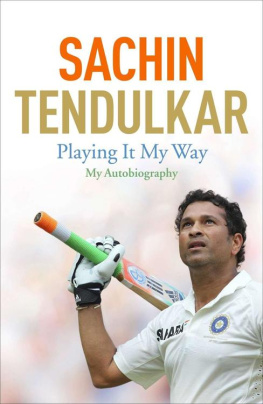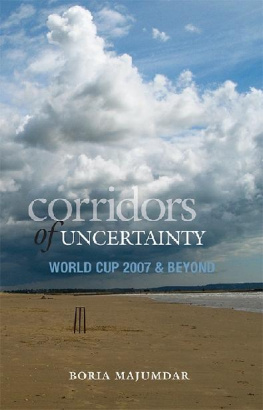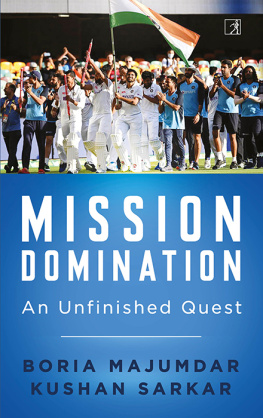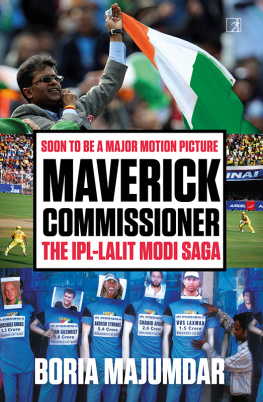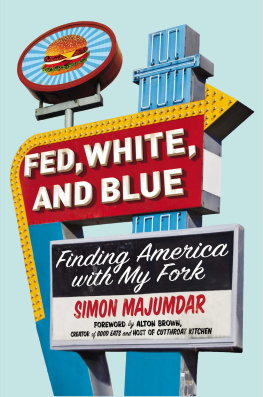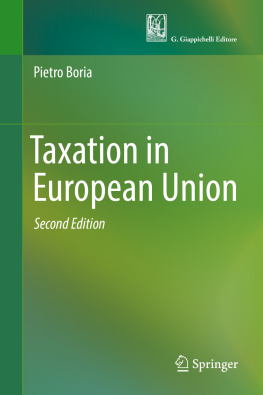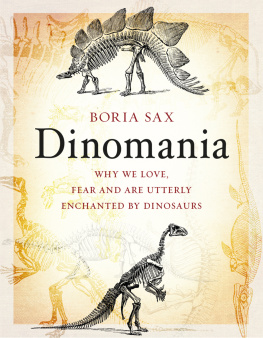Cricket, Race and the 2007 World Cup
Cricket has been subject to a number of changes over the last twenty years. We can no longer talk of a sport particular to an out-dated English way of life. Cricket has become global and has to exist within the global environment. Primarily the world game has become commercialised. Nowhere is this more obvious and evident than with the quadrennial staging of the World Cup.
This collection of essays assesses the developments within major playing nations between the World Cups. Do we now live in a world where commercialism is the primary factor in determining sports, or are wider historical prejudices still evident? Seeking to answer this question, this book focuses on racial and ethnic tensions and their place in the new globalised, cricketing environment.
This book was previously published as a special issue of Sport in Society in January 2007.
Jon Gemmell received his BA in Social and Economic History and his PhD in Politics from Leicester University and currently teaches sociology and history at Kennet School, Thatcham, UK.
Boria Majumdar, a Rhodes scholar, is research fellow at Latrobe University in Melbourne. He is Executive Editor of the Routledge journals Sport in Society and Soccer and Society and General Editor of the Routledge Series, Sport in the Global Society. Author of the acclaimed Twenty-Two Yards to Freedom: A Social History of Indian Cricket, he is also visiting lecturer at the University of Chicago and a fellow of the International Olympic Museum at Lausanne, Switzerland.
Sport in the Global Society
General Editors: J.A. Mangan and Boria Majumdar
Cricket, Race and the 2007 World Cup
Sport in the global society
General Editors: J.A. Mangan and Boria Majumdar
The interest in sports studies around the world is growing and will continue to do so. This unique series combines aspects of the expanding study of sport in the global society, providing comprehensiveness and comparison under one editorial umbrella. It is particularly timely, with studies in the aesthetic elements of sport proliferating in institutions of higher education.
Eric Hobsbawm once called sport one of the most significant practices of the late nineteenth century. Its significance was even more marked in the late twentieth century and will continue to grow in importance into the new millennium as the world develops into a global village sharing the English language, technology and sport.
Other Titles in the Series
The Magic of Indian Cricket, Revised Edition
Cricket and Society in India
Mihir Bose
Cricketing Cultures in Conflict
Cricketing World Cup 2003
Edited by Boria Majumdar and J A Mangan
From Fair Sex to Feminism
Sport and the Socialization of Women in the Industrial and Post-Industrial Eras
Edited by Roberta J Park and J A Mangan
Ethnicity, Sport, Identity
Struggles for Status
Edited by Andrew Ritchie and J A Mangan
Native Americans and Sport in North America
Other Peoples Games
Edited by Richard King
Muscular Christianity and the Postcolonial World
Edited by John Macaloon
Lost Histories of Indian Cricket
Boria Majumdar
The Games Ethic and Imperialism
J A Mangan
Striving to Score
A social history of Indian football
Boria Majumdar and Kausik Bandyopadhyay
The Politics of South African Cricket
Jon Gemmell
The Making of New Zealand Cricket
18321914
Greg Ryan
Olympism: The Global Vision
From Nationalism to Internationalism
Edited by Boria Majumdar and Sandra Collins
American Sport
Past and Present
Edited by Benjamin Eastman, Sean Brown and Michael Ralph
Sport and Memory in North America
Edited by Steven Wieting
This Great Symbol
Pierre de Coubertin and the Origins of the Modern Olympic Games
John J Macaloon
Doping in Sport
Global Ethical Issues
Edited by Fan Hong and Angela Schneider
Athleticism in the Victorian and Edwardian Public School
J A Mangan
Modern Sport The Global Obsession
Edited by Boria Majumdar and Fan Hong
Sport, Civil Liberties and Human Rights
Edited by Richard Giulianotti and DavidMcArdle
First published 2008 by Routledge
2 Park Square, Milton Park, Abingdon, Oxon OX14 4RN
Simultaneously published in the USA and Canada by Routledge
711 Third Avenue, New York, NY 10017
Routledge is an imprint of the Taylor & Francis Group, an informa business
2008 Boria Majumdar and Jon Gemmell
Typeset in Minion 10.5/13pt by the Alden Group, OxfordShire
All rights reserved. No part of this book may be reprinted or reproduced or utilised in any form or by any electronic, mechanical, or other means, now known or hereafter invented, including photocopying and recording, or in any information storage or retrieval system, without permission in writing from the publishers.
British Library Cataloguing in Publication Data
A catalogue record for this book is available from the British Library
Library of Congress Cataloging in Publication Data
A catalog record has been requested for this title
ISBN 10: 0-415-37164-3 hbk
ISBN 13: 978-0-415-37164-3 hbk
SPORT IN THE GLOBAL SOCIETY was launched in the late nineties. It now has over one hundred volumes. Until recently an odd myopia characterised academia with regard to sport. The global groves of academe remained essentially Cartesian in inclination. They favoured a mind/body dichotomy: thus the study of ideas was acceptable; the study of sport was not. All that has now changed. Sport is now incorporated, intelligently, within debate about inter alia ideologies, power, stratification, mobility and inequality. The reason is simple. In the modern world sport is everywhere: it is as ubiquitous as war. E.J. Hobsbawm, the Marxist historian, once called it the one of the most significant of the new manifestations of late nineteenth century Europe. Today it is one of the most significant manifestations of the twenty-fist century world. Such is its power, politically, culturally, economically, spiritually and aesthetically, that sport beckons the academic more persuasively than ever- to borrow, and refocus, an expression of the radical historian Peter Gay- to explore its familiar terrain and to wrest new interpretations from its inexhaustible materials. As a subject for inquiry, it is replete, as he remarked of history, with profound questions unanswered and for that matter questions unasked.
Sport seduces the teeming global village; it is the new opiate of the masses; it is one of the great modern experiences; its attraction astonishes only the recluse; its appeal spans the globe. Without exaggeration, sport is a mirror in which nations, communities, men and women now see themselves. That reflection is sometimes bright, sometimes dark, sometimes distorted, sometimes magnified. This metaphorical mirror is a source of mass exhilaration and depression, security and insecurity, pride and humiliation, bonding and alienation. Sport, for many, has replaced religion as a source of emotional catharsis and spiritual passion, and for many, since it is among the earliest of memorable childhood experiences, it infiltrates memory, shapes enthusiasms, serves fantasies. To co-opt Gay again: it blends memory and desire.




